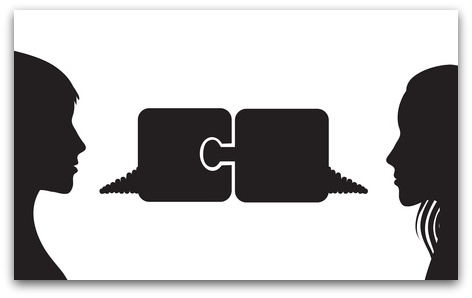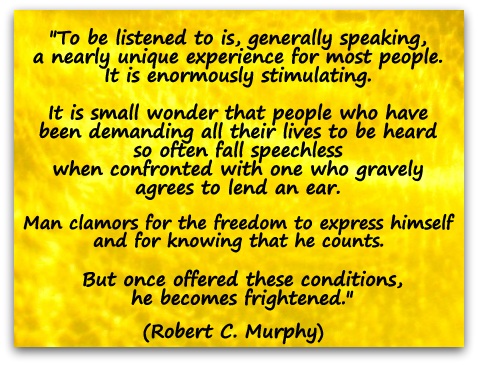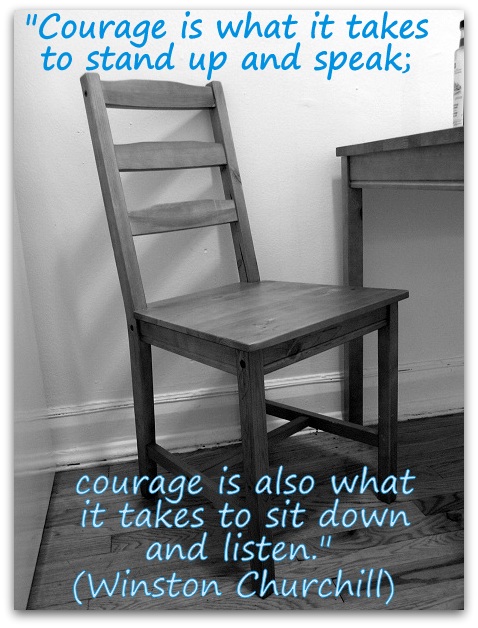Lynda Russell-Whitaker shares some of her thoughts and knowledge in today’s guest post on a topic that many coaches spend time developing:

Rapport and beyond….
By Lynda Russell-Whitaker
“For most women, the language of conversation is primarily a language of rapport: a way of establishing connections and negotiating relationships … For most men, talk is primarily a means to preserve independence and negotiate and maintain status in a hierarchical social order.”
Deborah Tannen, linguistics professor and author of “You Just Don’t Understand”
I’ve seen rapport described as ‘trust + responsiveness’, though this is primarily amongst NLP (Neuro-Linguistic Programming) practitioners. One dictionary definition says rapport is ‘sympathetic relationship or understanding’. However, I believe that good relationships develop over time and rapport is an important foundation of building a good relationship.
Establishing rapport starts with a genuine interest in and curiosity about the other person, along with mutual respect and trust. It doesn’t always mean collaboration or co-operation, and it certainly isn’t about acquiescence or capitulation.
Rather, good rapport implies a willingness to stand in someone else’s shoes; when it is present, we experience being ‘in sync’ with the other person. It is the ability to be on the same wavelength and to connect mentally and emotionally without necessarily agreeing. Simply, that you appreciate the other person’s point of view.
When you are in rapport with someone, it may be that you have intangible things in common, like values and aspirations. Or you may share similar accomplishments, interests or educational background. Perhaps your children attend the same school. Or you might admire the other person, need to work with them, or would love to have them as a client.
As a pitch and presentation coach, I find evidence of rapport between members of a pitch team (or for that matter, on a playing field!) can be impressive; perhaps because I rarely experience it. It comes across as a kind of ‘chemistry’ that’s hard to describe, but is obvious.
Can you recall a time when you witnessed a really impressive pitch? You probably perceived a higher than average appearance of strong rapport between members of the team. It’s often what distinguishes a good pitch from an excellent one.
Rapport, though, is about communication – connection even – between individuals. Some of these will be people you work with on a short-term basis, such as in a pitch situation or a software development team for a specific project. In other situations, deeper connections and relationships will need to be created and built, such as with those people you work with on a daily basis. Back to my point about it essentially being one of the foundations of a solid relationship.
A word of caution! There are some behavioural (or, if you prefer, personality) types that have little or no time for rapport and I’m sure we all know a few of those. If you are one of these people (sometimes known as the ‘director/driver’) please bear in mind that many people you interact with will be put off if you appear uninterested in seeing their point of view or knowing anything about them personally. It suggests a coldness and lack of empathy. This may seem trivial to you, but to other types such as ‘relators’, personal interaction and rapport building is anything but.
All of us have to deal with a variety of personalities in our business life, whether colleagues, superiors, subordinates, suppliers or clients. There’ll be times when others won’t always want to adapt to your style, so no matter what behavioural type you happen to be, the ability to build rapport – quite quickly sometimes – is a useful social skill to learn.
On the flip side, taking the point of view of the director/driver, it’s important to be able to interact without making what they consider irrelevant ‘small talk’ sometimes. This is unlikely to be personal! It is simply their style of behaviour to dispense with the niceties and get on with the business in hand.
Of course, there are many aspects at play with respect to who sets the tone and who follows and this is definitely not always about hierarchies. Modern life is not that simple. This isn’t about repeatedly subjugating your personality to someone else’s. It’s about reading each situation as it occurs and judging the best action to take at any particular time. Otherwise, there’s a danger of getting stuck in outmoded patterns of behaviour; something worth being vigilant about in our personal as well as our work lives!
Building on rapport, the ability to convey collaboration rather than antagonism and competition is an important skill in business, as is the ability to balance involvement with independence. We also need to establish our boundaries; particularly so in a longstanding client relationship where some sort of intimacy has often been developed.
However, this doesn’t mean that you are friends necessarily (although you may be that too). There are times when sharing something particularly personal might cause embarrassment or pain to either or both parties. If you have a really good rapport with that person, you’ll make the judgement that it isn’t appropriate to share that information at this time.
Are there people you wish you had better rapport with and do you think it would enhance your relationship with them and therefore improve your working life either because there is potential to do business together or because it’s a colleague you work with closely and you just feel you don’t gel?
If so, below are five tips for you to try:-
- Turn up the volume on your senses. Experiment with this in the mornings on your journey to work. This will increase your awareness of others and your surroundings.
- The NLP tool of mirroring and matching someone’s body language can be very useful, though be careful not to use this without empathy – it can come across as insincere.
- Be curious. Ask questions and listen to the answers. You might try this with someone in your office who you know very little about.
- Pay attention and listen actively. Sometimes more than an ‘uh huh’ or a nod is required. Give candid feedback and converse but take care not to interrupt; it can seem inconsiderate.
- Commit what you learn about a person to memory. If you can’t do that, do what Onassis did – keep pertinent notes on anyone who is important to you in business. It clearly worked for him, and however contrived it might seem, it does show how much he cared.
.
About Lynda Russell-Whitaker
Since 2000, Lynda has provided presentation and business development coaching to teams, team leaders and business owners, as well as to individuals on a 1-1 basis.
Her specialities include coaching and advising clients on delivery of their presentations and pitches, alongside helping clients to refine and express their key business messages. Her passion is working with people and organisations out to make a positive difference in the world.
With over 25 years’ experience in marketing and training, Lynda was in on the very early days of digital media development in the UK. She has created bespoke interactive (e-learning) training tools, training seminars and development programmes for media professionals in major companies across a variety of sectors.
Lynda sat on the Validation Panel advising the University of Westminster on their revised MA in Hypermedia Studies in 2000. She has been a visiting lecturer at the Royal College of Art (RCA) and was a member of the original expert working group for the first pan-European MA in Interactive Media. She recently (November 2013) gave a lecture to the faculty and students of the new MRes in Rhetoric at the Centre for Oratory and Rhetoric (COR) at Royal Holloway, University of London.
Last year she worked with several Year 6 classes in Hackney primary schools, coaching them on how best to pitch their ideas and inventions in their own versions of Dragon’s Den during ‘Work Week’ as well as featuring as a ‘dragon’ on the judging panels of two schools!
Her commercial clients include The Aldersgate Group, Big Picture TV, Channel 4 Automotive, Chase Manhattan Bank, The Coca-Cola Company, Eleco plc, Global Action Plan, GSK, Inspire!, KPMG, Orange, Positive Money, Waitrose, Wired Sussex and Zolfo Cooper.
Lynda learnt a great deal about voice production and visual presence during her 12 years training as a classical singer. She reads and writes Greek well (having lived in Greece for three years) and French passably. Her intermediate Spanish is much improved since she resumed salsa dancing, preferring Cuban to ‘cross-body’ style. She still performs regularly and is happy to sing in any of these languages, as well as Italian and German!
A licensed NLP Business Practitioner, Lynda is also a Fellow of the Royal Society of Arts and Manufacture (RSA). She has recently gone through a rebranding exercise and her company, Brainbank presents, will be launched before the end of January 2014.
If you’d like a confidential chat about how Lynda can help you with delivering your message powerfully, please email her on lr*@***********co.uk mentioning Coaching Confidence.


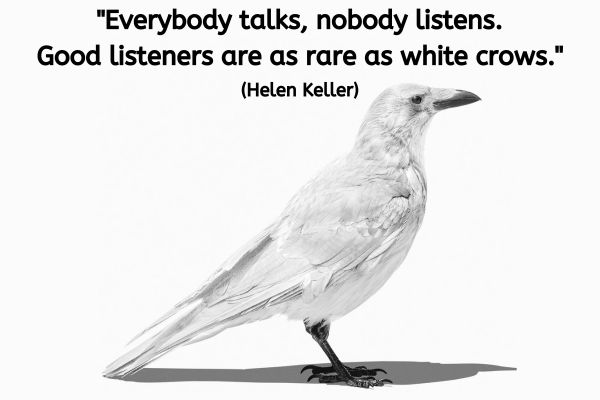
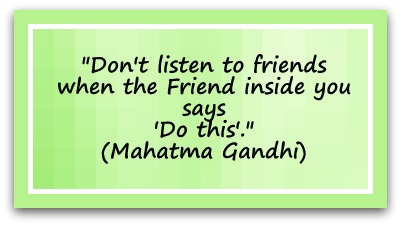
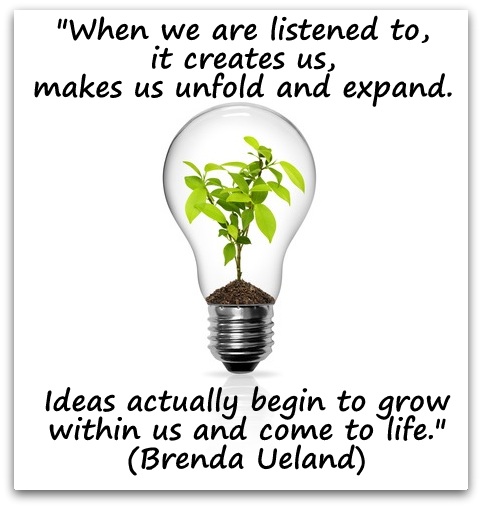

 Suzi McAlpine is a leadership coach with over 15 years of experience in working alongside CEOs and senior leaders to harness their full potential – and achieve maximum results.
Suzi McAlpine is a leadership coach with over 15 years of experience in working alongside CEOs and senior leaders to harness their full potential – and achieve maximum results.